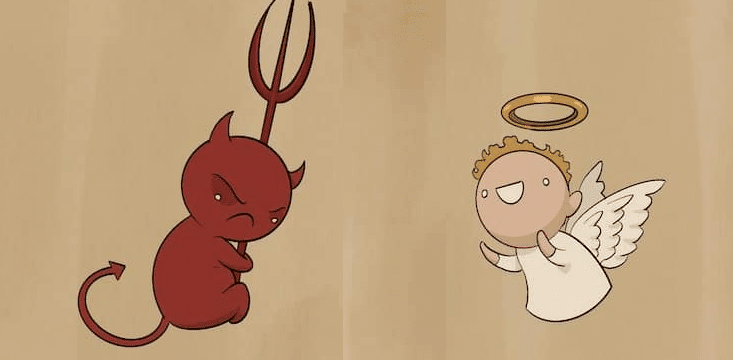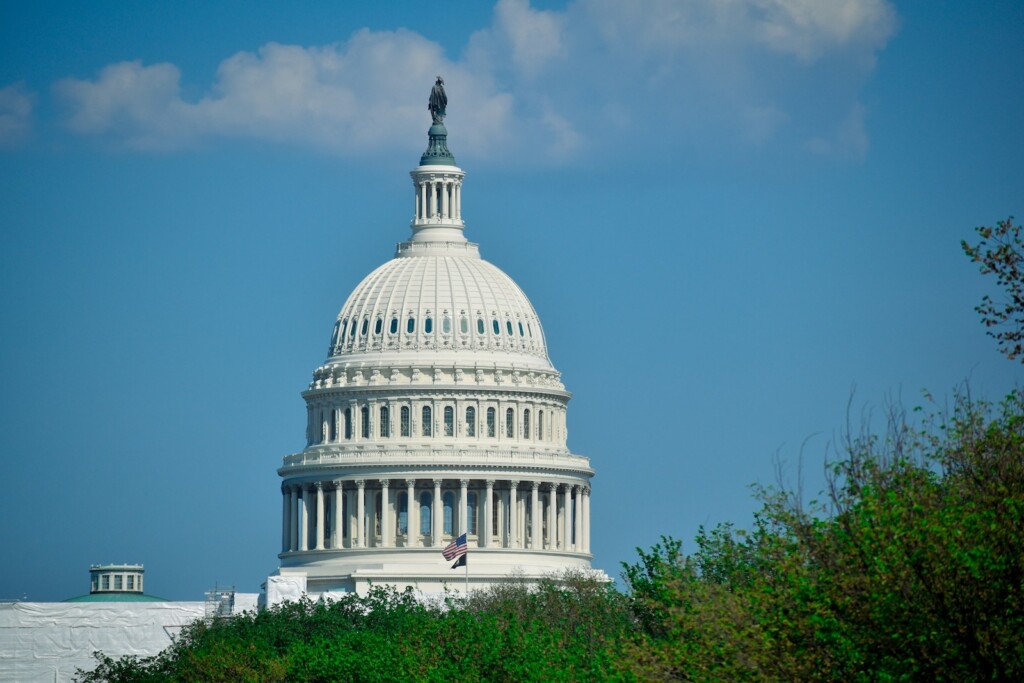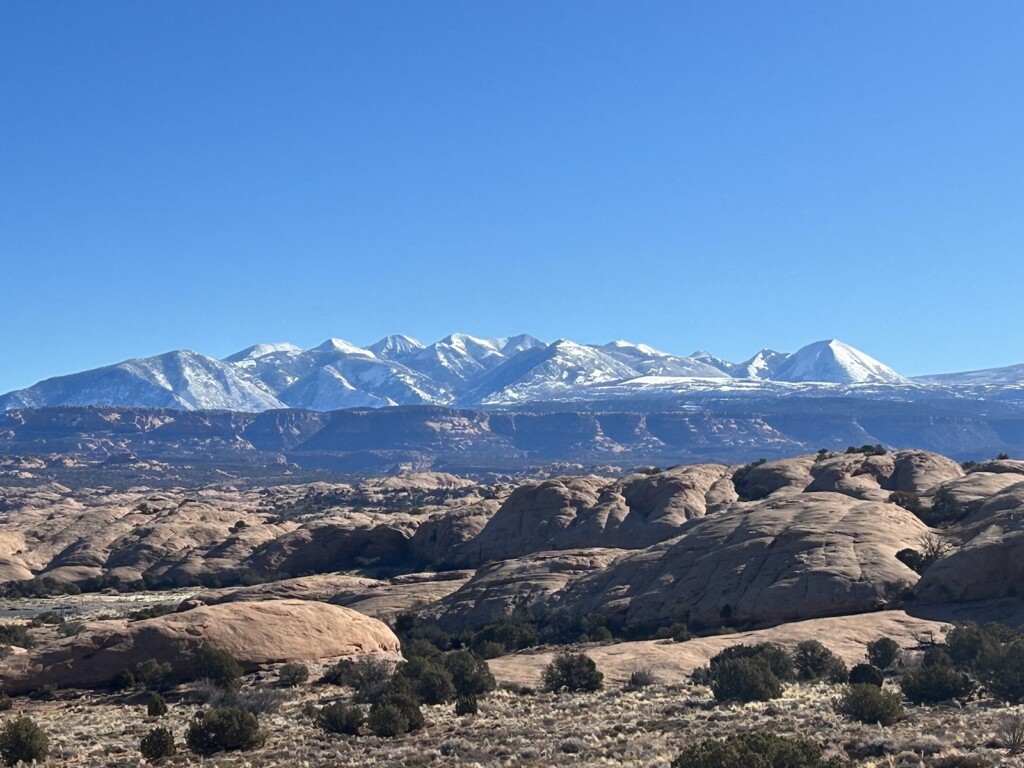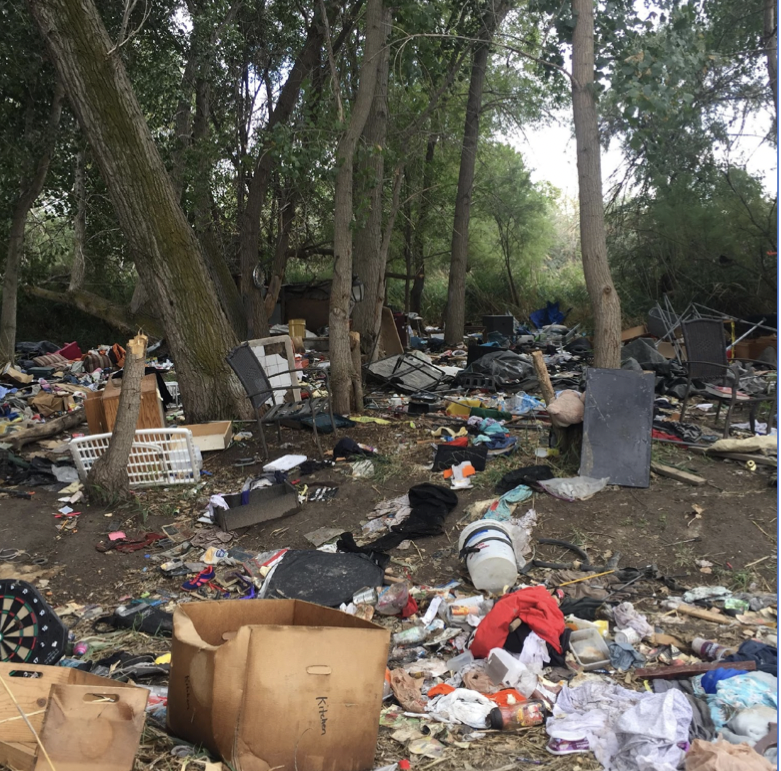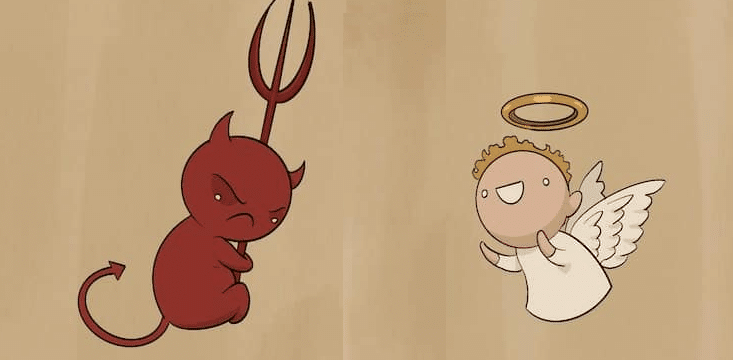
Reconciling the strange world of living amongst one of the most dominant cultural/political/religious forces in the world as a “sinner” has been interesting.
It was discovered over a decade ago that Utahns consumed more online porn than any other state. This became a serious problem. Surveys and polls showed that virtually zero LDS members admitted to viewing porn, but it was statistically impossible that the Saints were telling the truth. Something had to be done.
A “Utah porn czar” was appointed, and suddenly, voila! Over the past ten years, if you believe the media, Utahns gradually stopped consuming porn and now we are in the 40th position among the states!
I hate to burst this wonderful bubble, but there is another possibility: Utahns started using VPN (Virtual Private Network) services so that their digital cookie crumbs (IP addresses) could not be detected visiting porn sites. Fake news or reality? You be the judge.
Living among the Latter-Day Saints all of my life, I’ve witnessed both some wonderful people with exceptional family values, along with some major hypocrites. Most LDS folks are awesome! But let’s be honest, some are serious phonies. But there is a good reason for this, which I will get into later.
Since leaving the Church, I’ve been reminded how terrible my sins are. If you weren’t already aware, the LDS Church expanded the list of sins about 120 years ago in a text known as the Word of Wisdom, to include alcohol, coffee and tobacco use. I love beer. I succumb to gluttony and the weakness of the flesh, and my love of fine food, especially creamy chocolate desserts. Let’s face it, most of us like to sin and it’s difficult to completely condemn the sins in which we all engage.
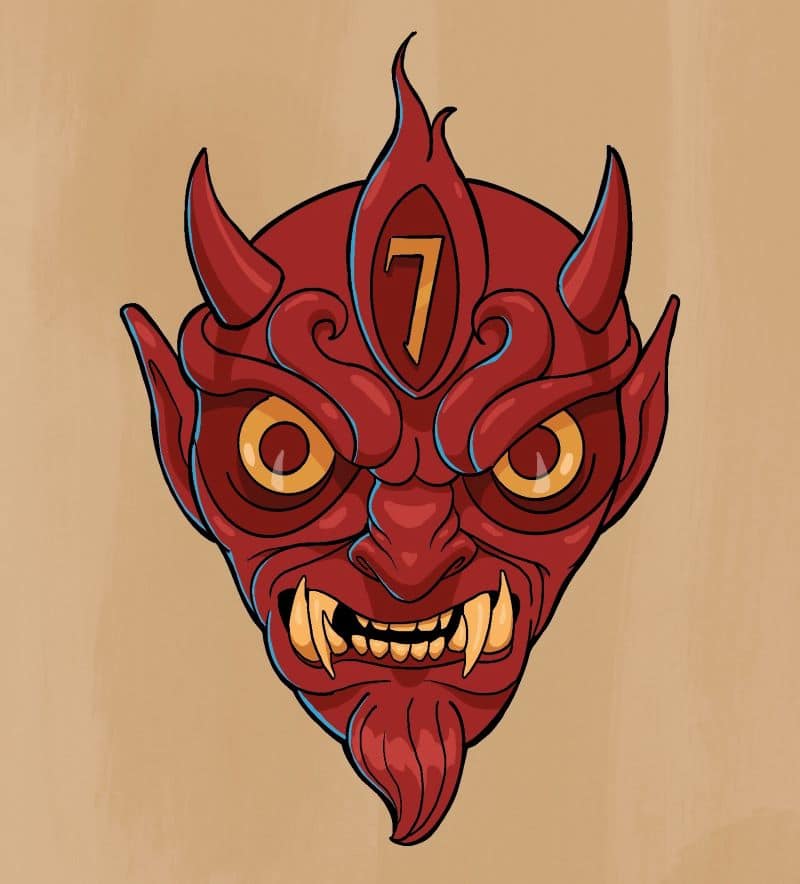
Consider The Seven Deadly Sins:
Wrath (anger) – Isn’t it mentally healthy to express anger?
Envy (covetousness) – What is the fuel of ambition/drive/economic success if not envy?
Lust (wanting sex) – Could we survive as a species without it?
Greed (money lust) – “Greed is good.” Like envy, most of us work for the want of money.
Gluttony (overeating) – Over-consuming fat and sugar helps us to prepare for lean times.
Pride (ego-mania) – People do get ahead for never admitting wrongdoing.
Sloth (laziness) – Isn’t relaxation rooted in laziness? Shouldn’t we all relax and chill out more?
However, any of these sins taken to the extreme may indeed cause most of the problems people suffer from today. So how do we reconcile both the good and the bad of our sinful nature? The Bible and our Judeo-Christian traditions offer the best redemption archetype in Jesus Christ. But there is a paradox.
Christ didn’t come for “saints” (or people who consider themselves virtuous enough to be worthy of love), he came for sinners―those who are aware they fall short. Examine his disciples: a tax collector, several lowly fishermen, a prostitute, and a rotten scoundrel named Judas. There were no Saints. The Pharisees or Sadducees (upper-class men of the Priesthood) were not among Jesus’ disciples.
Still, the concept that Christ came to save us from our sins, is so passe. Do we really need saving? Examine countries without God or Christ, and without individual liberty. If we don’t have individual souls that need saving, why not embrace totalitarianism, hedonism and debauchery? Examine the power of sin (and absence of law and order) in destroying entire cities and nations while exterminating millions. Examine history, then answer that question for yourself.
In my time as a “Saint”, I discovered that a key tenet of the Latter-Day Saints’ culture is to never admit, confess or demonstrate a tolerance for sin, outwardly. Also, don’t spend time with those who are “apostate” or living in sin. Since all my friends were Mormon, that just meant doing my best to hide my sins from parents and/or other church members. But doesn’t doing that accustom members to phoniness and cause mental illness? Again, you be the judge.
The problem is that we all sin, and like bad cheese, sin stinks up everything if not aired out. Confession of sins has gone out of favor in not only the LDS faith, but most religions, perhaps because the Catholics took the practice to extremes. But why is confession so unpopular and “virtue signaling” so popular today?
Confession of sin could result in potential condemnation and/or or the labeling of our behaviors. Admitting that the devil is tempting you or whispering in your ear, could stamp you with a label: schizophrenic, depressed, narcissistic or megalomaniacal. Then might come the prescription or a powerful drug. The worst is when people become their psychiatric label. Confessing to the wrong person could result in a lawsuit. In our world today, it’s dangerous to confess our sins.
Virtue signaling or condemning others is fun and easy. It has become the pastime of millions on social media. It also helps sinners hide their sin and shame by attacking others. So should we all pretend we are without sin and instead look to condemn others? Well, this is certainly the popular path today. However, “Wide is the path at the gate that leads to destruction.” Mat. 7:13.
Perhaps the only advice I can offer in our very judgemental world, is to keep your sins mostly to yourself and God, and search far and wide for other sinners like yourself whom you can confide in.
RELATED CONTENT
Post-Mormons—There Are Place to Find Your People. Here are Some of Them.
City Creek Center: The true cost of the Mormon mall
Iosepa: Why Hawaiian Mormon Pioneers Were Evicted
Utah Volcanoes & Massacres: A Tour of Southern Utah’s Violent Past
A Ghost Plays Piano in the Old Mormon Church in the Middle of Night
Subscribe to Utah Stories weekly newsletter and get our stories directly to your inbox

